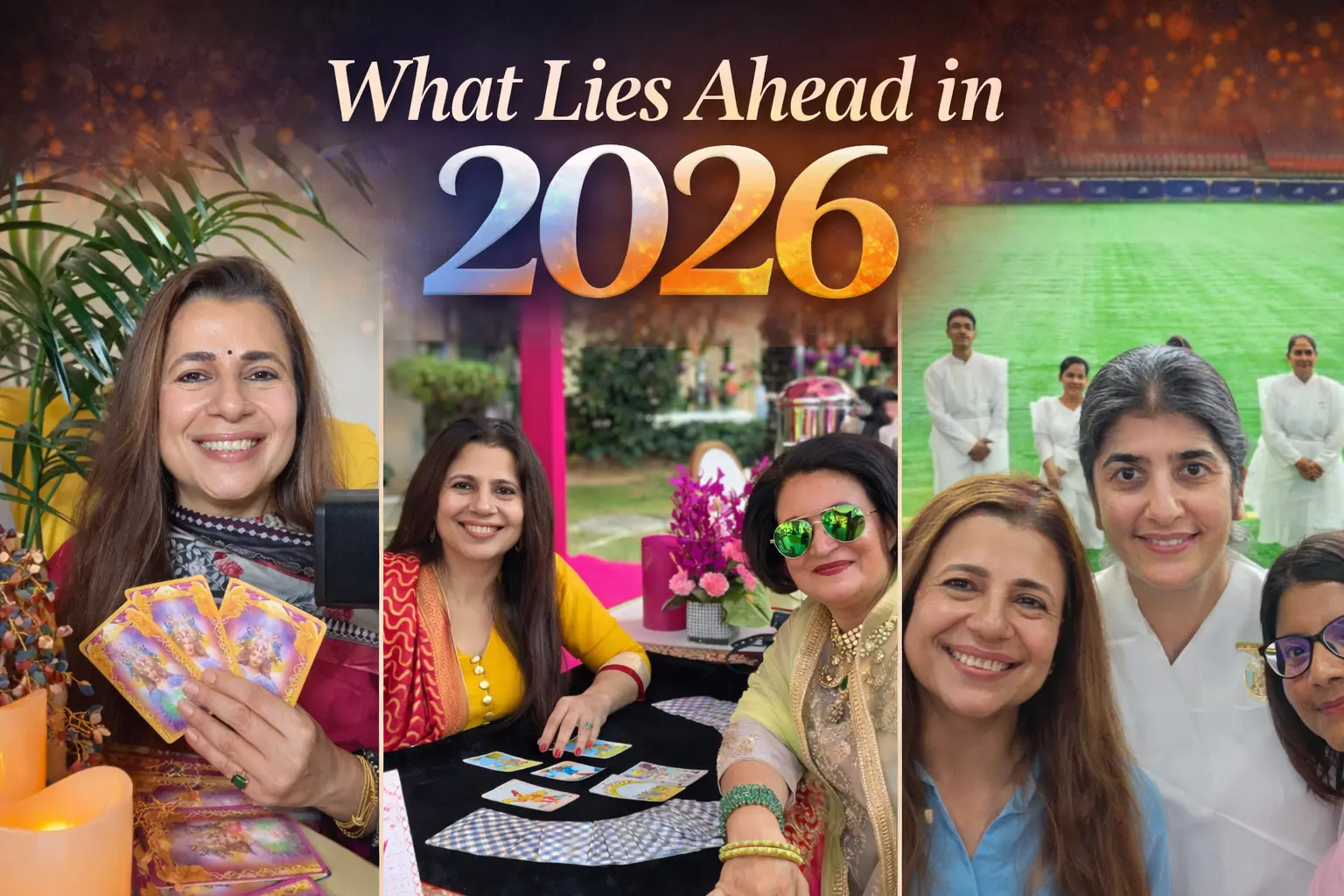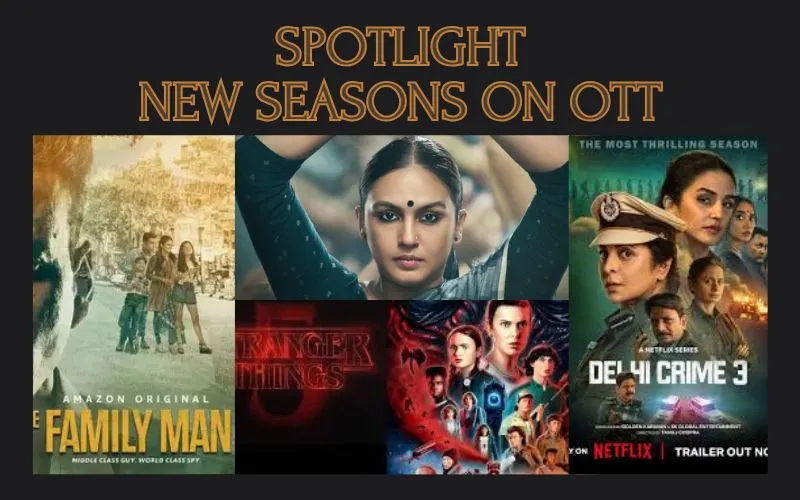Siddhant Chaturvedi’s story isn’t your typical industry launchpad tale. From his small-town roots in Ballia to his breakthrough in Gully Boy, he’s carved a space for himself with grit, versatility, and quiet confidence. Ahead of the release of Dhadak 2, the actor opens up about the pressures of fame, resisting typecasting, struggling with self-styling, and how his parents’ unwavering support helped him through it all. In conversation with LIPIKA VARMA, Siddhant talks about his journey, and more.
Excerpts-
Do you feel pressure ahead of Dhadak 2’s release?
Yes, there is pressure with every film’s release, whether it is a sequel or an independent film. But there’s more pressure with a sequel; it is not that you have to match the earlier one. There is always a desire to show something new, to show it differently, to tell a new story, because the ultimate goal is that people are entertained, and if they like something in it, they will like the film.
Have you consciously chosen varied roles to avoid typecasting?
Well, the work I do and at this point in time of my career, if I understand the story and I feel that this story has connected with me, then I do it. There is a conscious effort somewhere that you don’t have to do the same; you have to act in different characters, you have to present yourself in different ways, because this is the time for me. Mistakes can happen, but now I am sure I will not typecast roles. I always think that if you do one kind of thing, then that becomes your market. After doing a variety of roles, you reach a point, I have done it all, now what more?
Do you believe in building a ‘market’ for yourself?
I always have a goal that I don’t have to make a market; I have to disrupt the market. At this age, I can seek different opportunities, and I can try new things.
You studied to become a Chartered Accountant. How did films come into the picture?
Becoming a C.A. was more like a safety net, in that if things didn’t work out, I could always go back to it. You can become a C.A. by 21-22 years, if you do the first attempt with graduation, so I thought that I would study at the age of studying and become a C.A. later too.
I used to watch a lot of movies from my childhood; my father was very fond of movies, and he would show me all the movies on Fridays. When I was young, I would enjoy dancing and mimicking everything that I watched on TV. I didn’t know I was acting back then.
Did you get support from your parents to enter this world of Glitz and Glamour?
I was privileged that my parents supported me. They gave me the kind of education that I needed. When I wanted to step into the film world, without any acting experience or an identity, they supported me a lot. My parents used to wait at home, whether I got selected for auditions or not. I didn’t reveal about Gully Boy, but after the film was released, they all appreciated it, and the rest is history.
Any feeling of discrimination that must have seeped in when you started studying here?
That feeling of discrimination does seep in, but I don’t think it’s right for me to compare. But at the initial point of your life in a new place, everyone feels that way. Because when I came here from Baliya, I didn’t even know Hindi properly. All the kids spoke English. I didn’t know how to speak English. I couldn’t speak to girls till the 10th standard because my English was not good.
The first girl I liked came from Chennai, and I couldn’t speak to her in English. When we went to a hotel, we didn’t understand what to do, how to place an order. We used to eat with our hands. There are a few things that we gradually understand and learn as we go through life.
Hailing from a small village, was it difficult for you to adapt to the norms of the glitzy world?
I hail from Balia. When we came here in my childhood, I saw the struggles of my parents. After that, making your own place in the film industry was a learning experience. Especially, where you don’t know anyone, you don’t know how to style, how to map the road to your career. I didn’t know how to go to parties, what to wear, how to get up, or how to sit. I realized that I had to learn a lot. But at the same time, I always try to maintain my identity, my originality. I think one needs to adapt to the present situation and environment without losing one’s ethical values and identity. Wherever I am from, I am proud of it.






























